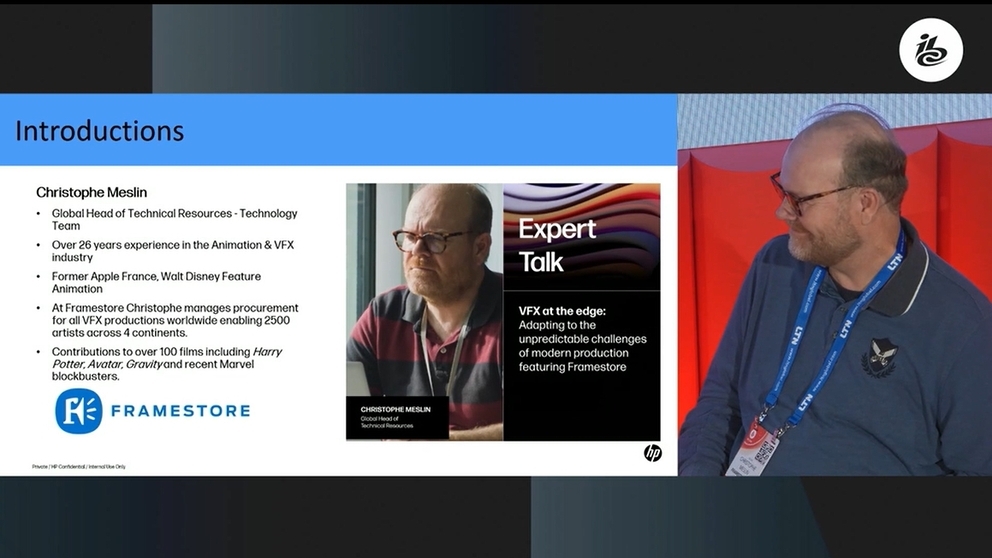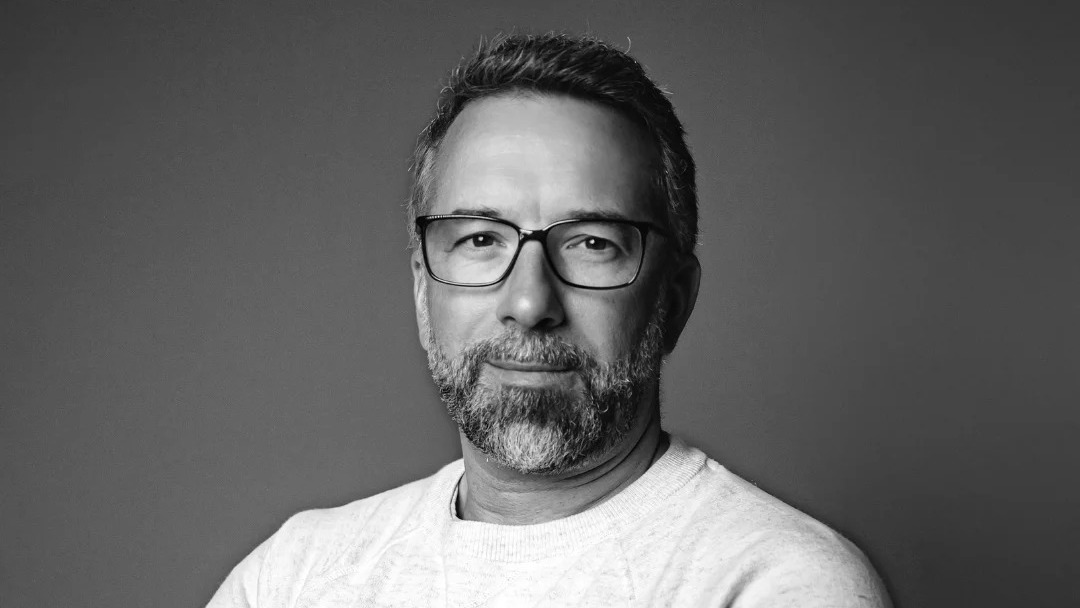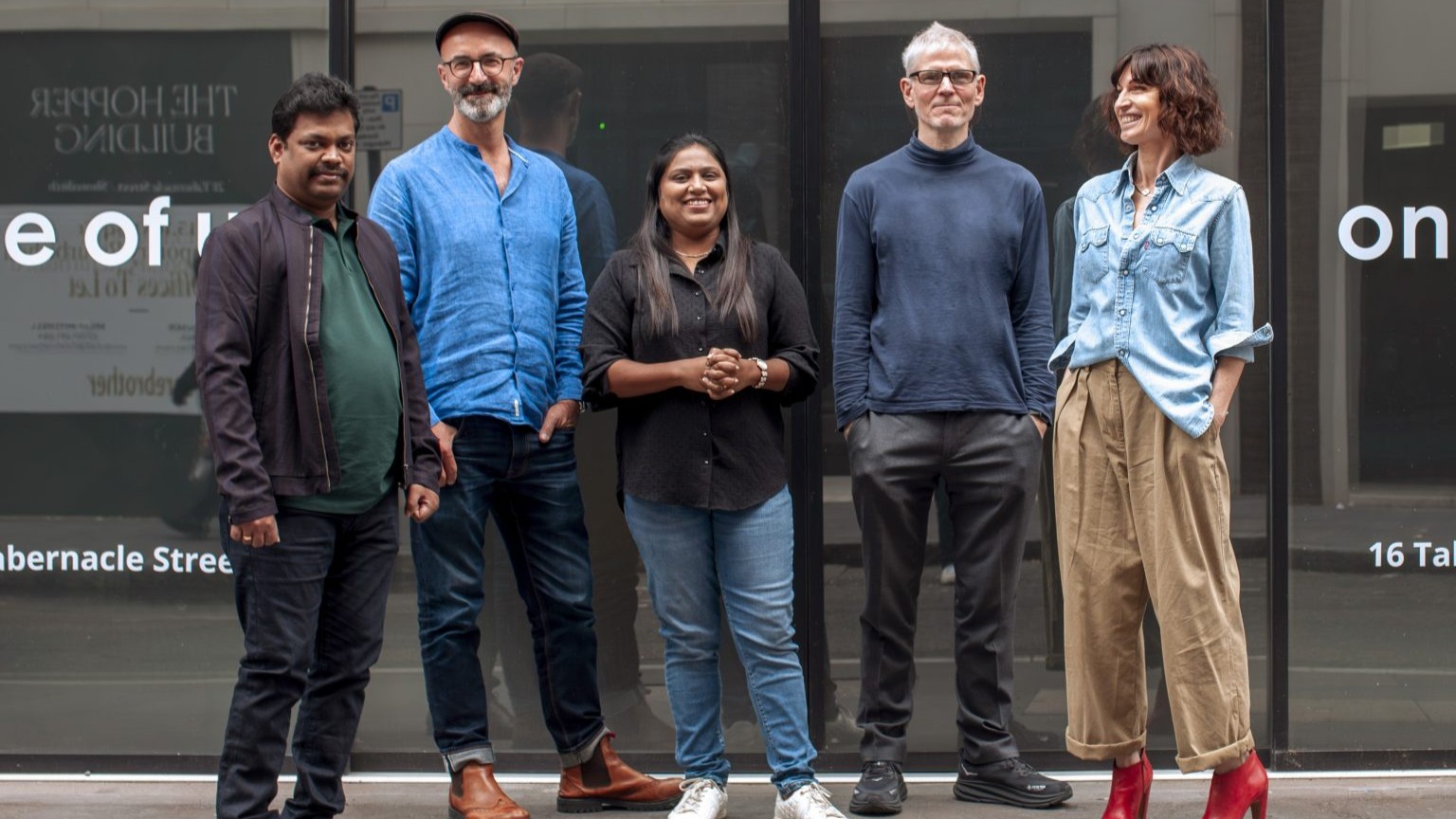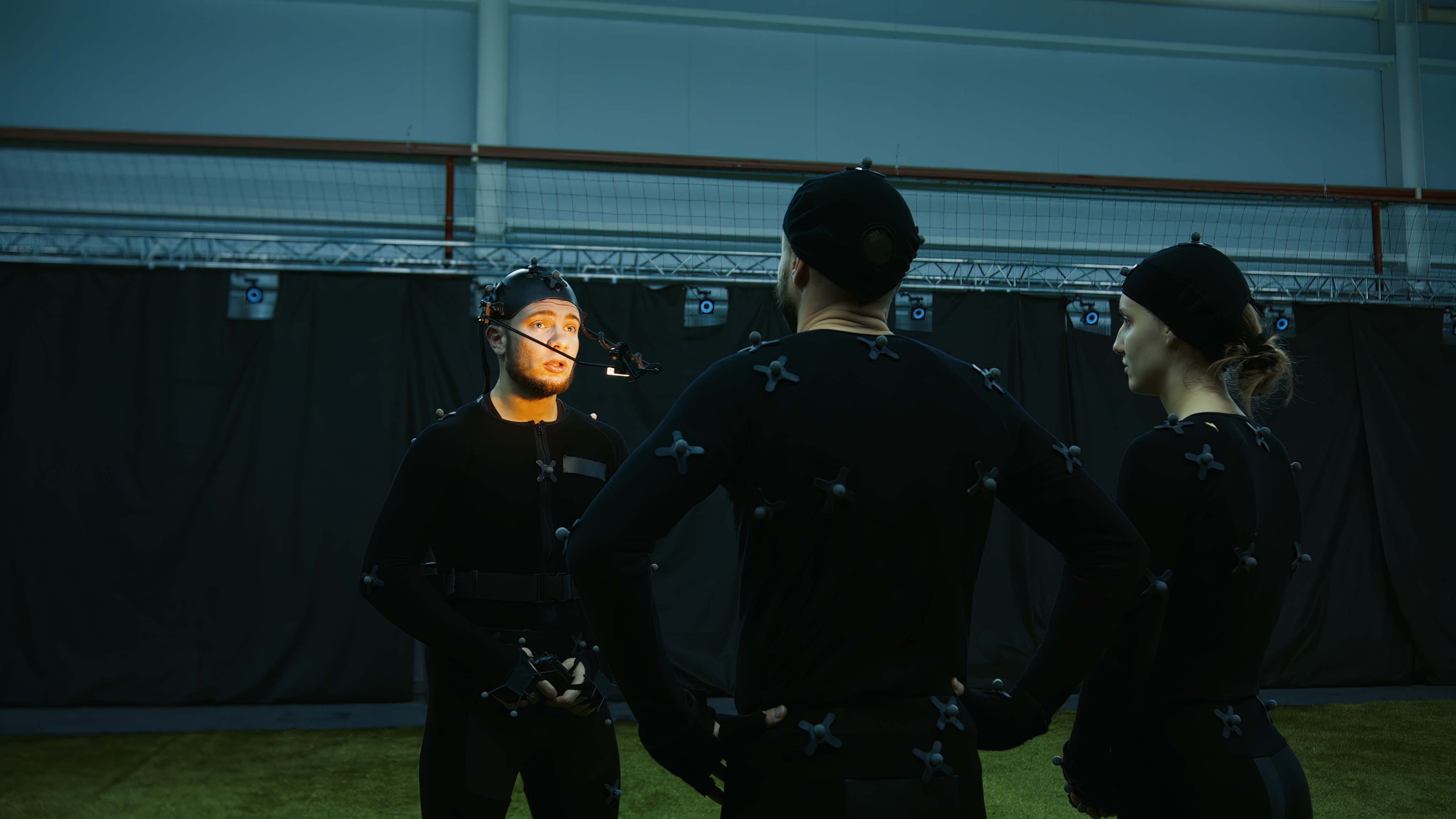The UK VFX industry has welcomed an increased tax incentive for spending, which was announced as part of the Chancellor of the Exchequer’s Budget on October 31.
Delivering Labour’s first Budget since coming to power in the July general election, Chancellor Rachel Reeves announced that VFX spending in the UK will attract a net rebate of 29.25%, up from the previous rate of 25%, and would be exempt from the overall 80% cap on qualifying expenditure.
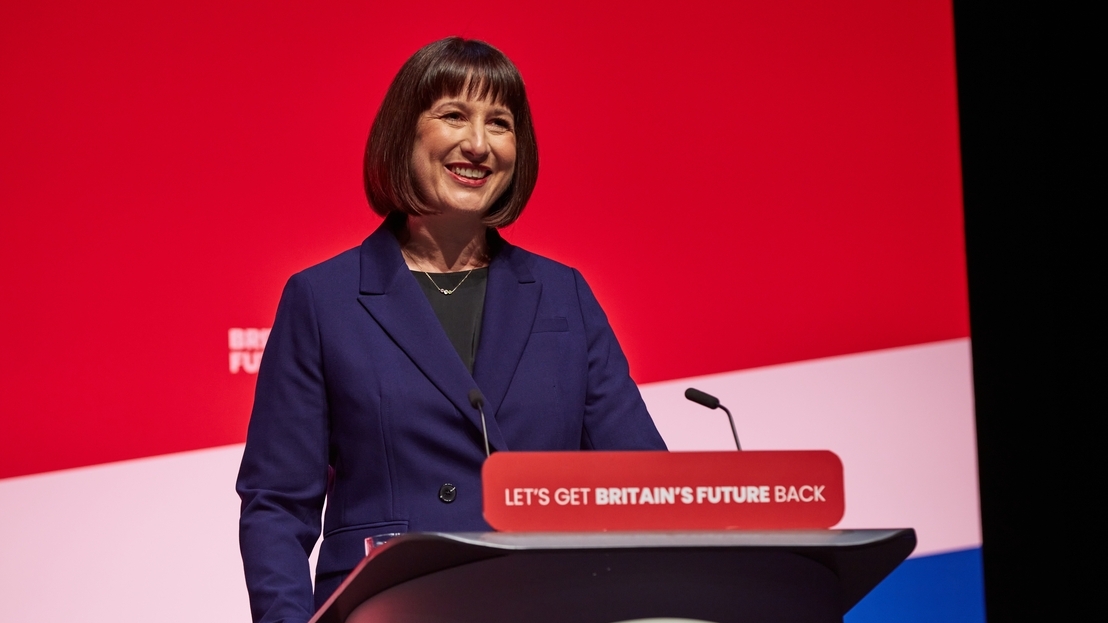
This had been proposed by the previous government in the March Budget, but the early election meant that the uplift was not implemented, leading to an anxious wait for the UK’s VFX community.
It is predicted that the UK will attract an additional £175 million per year of spending on VFX for film and TV, an increase of over 45%, and create 2,800 new jobs.
The Chancellor has also brought forward the starting date of the uplift, originally expected to be 1 April 2025. VFX spending incurred in the UK from 1 January 2025 will now be eligible for the new incentive.
The UK Screen Alliance, which represents VFX companies, said this will avoid productions delaying their spend in order to qualify for the rebate, at a time when VFX companies need to get the work flowing as they recover from last year’s writers and actors’ strikes, and the general production slowdown. Claims for the rebate can be made from 1 April.
Earlier this year, the Treasury had proposed to exclude costs relating to Generative AI from the VFX uplift. However, following consultation with the industry, this proposal has now been dropped.
Neil Hatton, CEO of UK Screen Alliance, said: “The confirmation in the Budget that the VFX rebate will be available from the New Year is terrific news for the UK’s visual effects companies. We know that productions are making decisions right now on where to place their VFX work for 2025 and beyond. Today’s announcement means that these clients will be incentivised to place many millions of dollars of inward investment work with the UK’s award-winning VFX community, creating considerable value for the UK economy.”
Sir William Sargent, Chairman of Framestore Company 3, said: “The UK’s place at the heart of the global visual effects industry has been hard-fought, and these changes represent a significant step forward. This is a highly skilled, highly creative and highly innovative sector with technology at its heart, and the strides we make across film, TV, advertising and immersive experiences have wide-ranging benefits for a wide range of industries. As the impact of emerging technologies continues to grow, it is more vital than ever that we future-proof the UK as a place where the best artists, technologists and creative thinkers can push the boundaries of what is possible - these changes will help them do just that.”
Alex Hope OBE, CEO, beloFX said: “VFX is the fastest growing component of the film and high end TV industry. Its skills and technologies are shared across the games industry and wider economy as digital content creation becomes a fundamental tool of all industries. Today’s announcement provides a welcome boost to investment and job creation in this key area of the digital economy.”
Sue Lyster, Executive in charge, Industrial Light and Magic, London said:
“We’re incredibly pleased to hear the announcement of improvements to the VFX tax incentive in the Chancellor’s Budget statement. This important step will undoubtedly retain and attract more VFX work to the UK.”
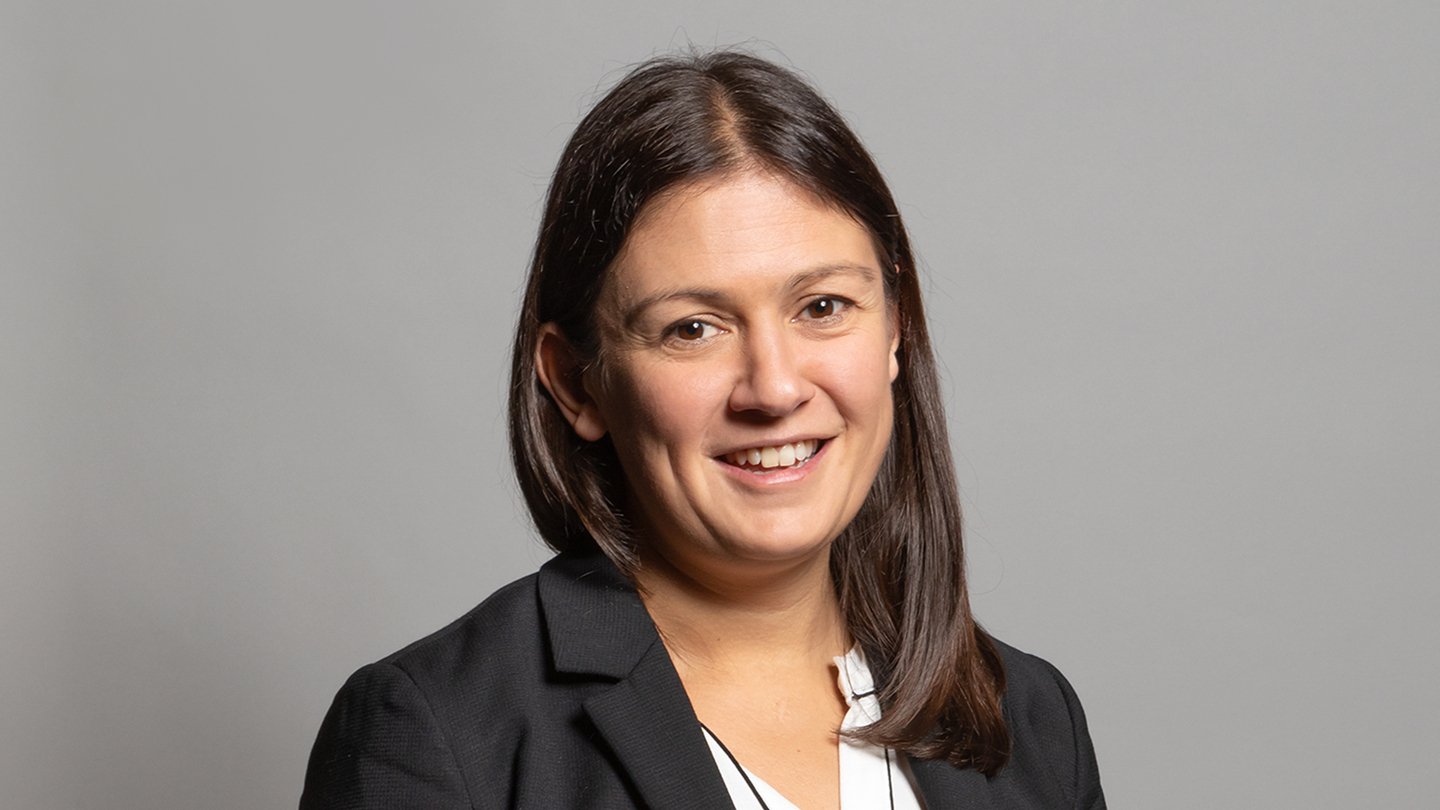
UK launches copyright consultation for creative industries and AI developers
The UK government has launched a consultation looking at how copyright-protected material can be used to train AI models.
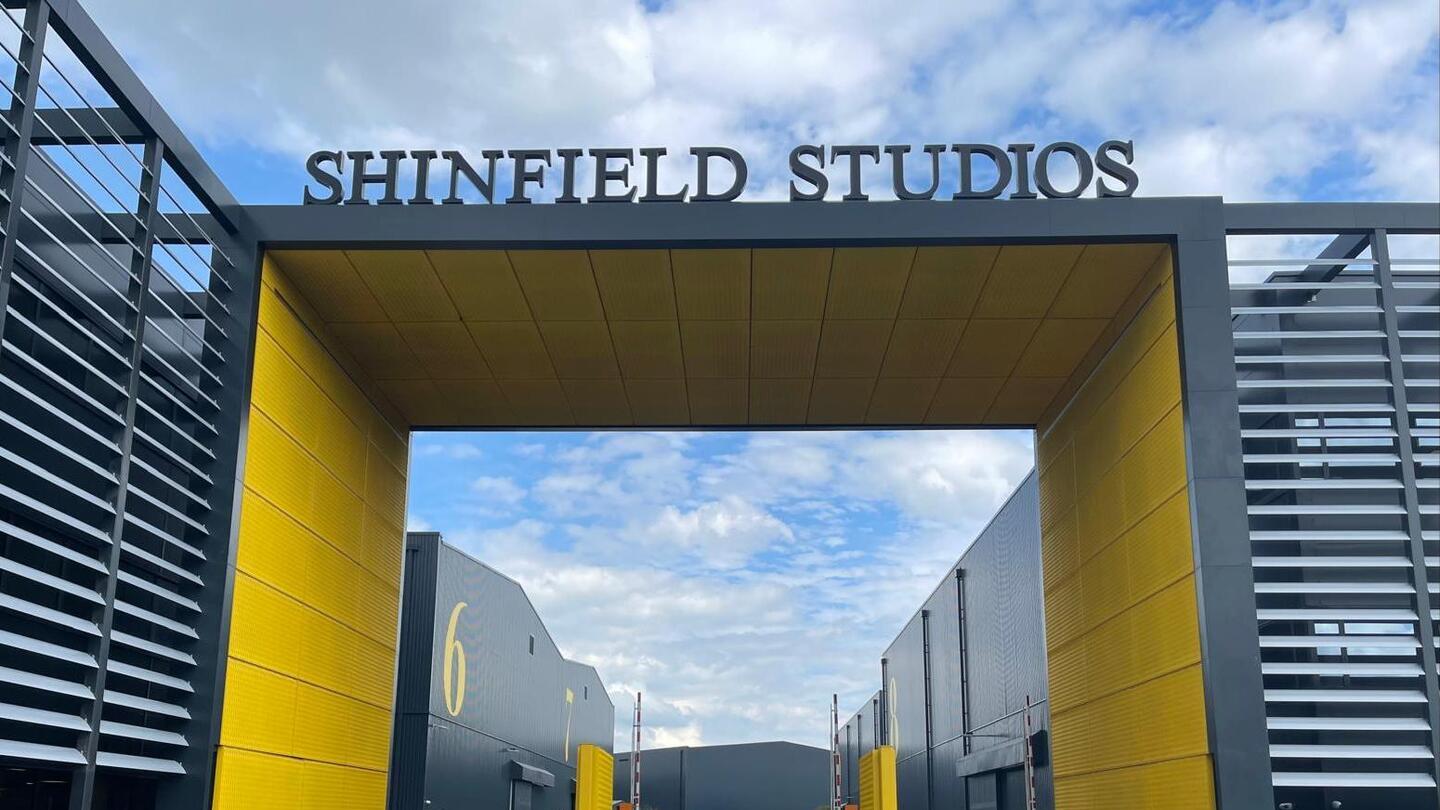
Shinfield Studios’ Nick Smith and Ian Johnson to retire
Shinfield Studios’ joint Managing Directors Nick Smith and Ian Johnson are to retire from their positions at the end of the year.

BBC and ITV confirm rights deal for FIFA World Cup 2026 and 2030
BBC Sport and ITV have agreed a deal for live coverage of the FIFA World Cups in 2026 and 2030 across TV, audio and digital platforms.

US writers call on Hollywood studios to take action against AI firms
The Writers Guild of America (WGA) has called on Hollywood studios to “come off the sidelines” and prevent tech companies from allegedly using its members’ works to train AI platforms.
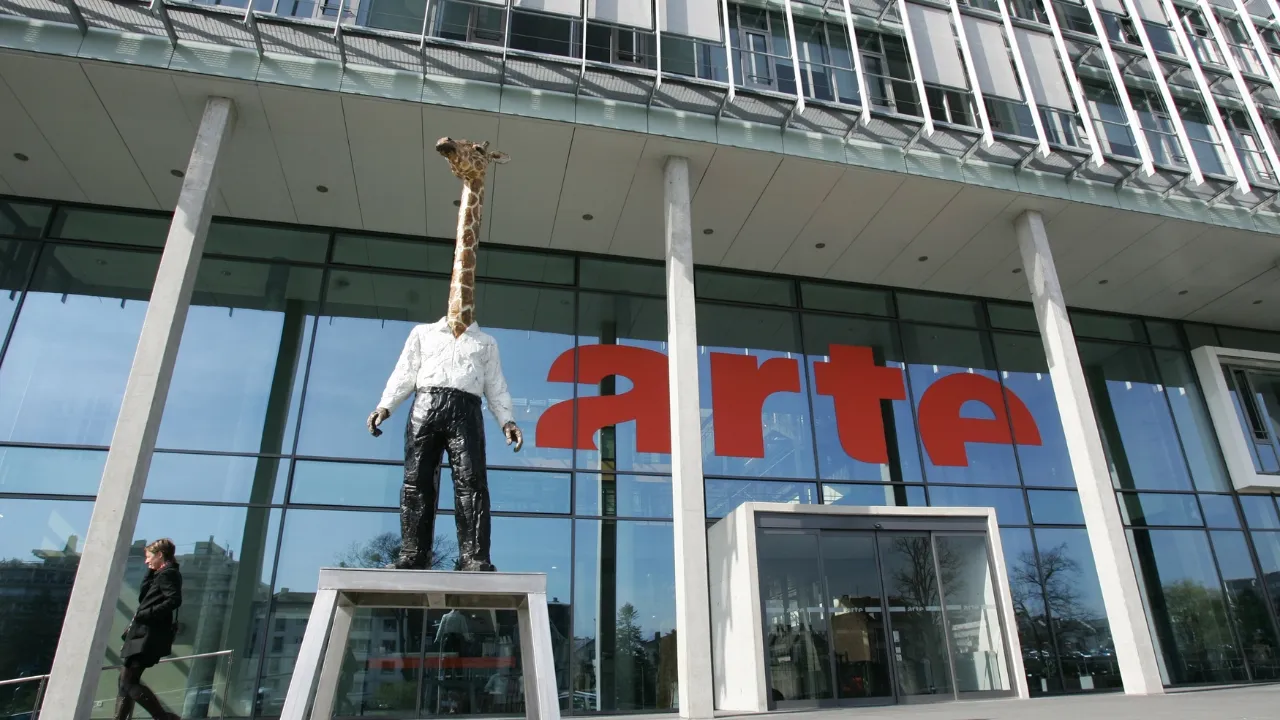
Arte joins European Broadcasting Union
Arte, the Franco-German public service broadcaster, has become the newest member of the European Broadcasting Union (EBU).

